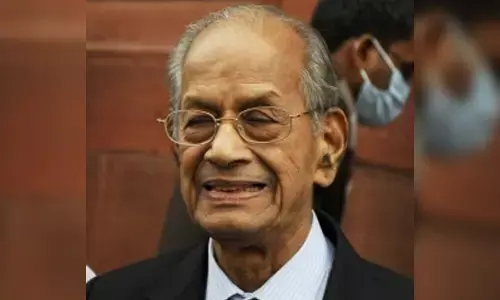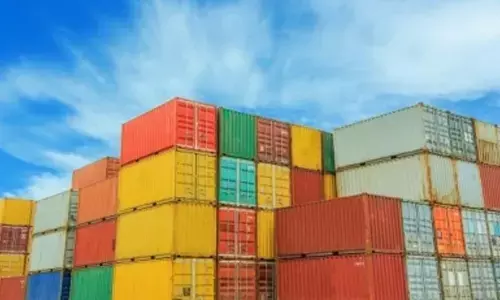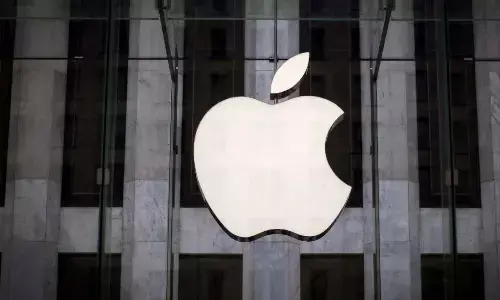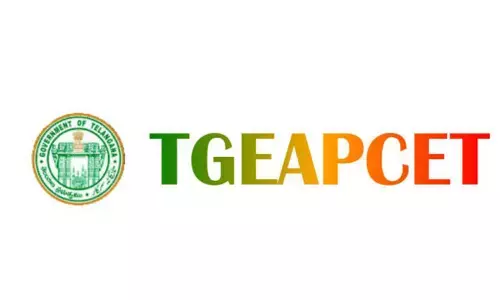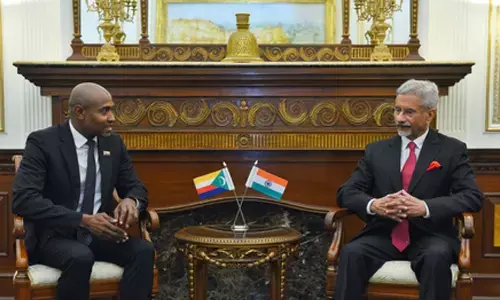Taxing times
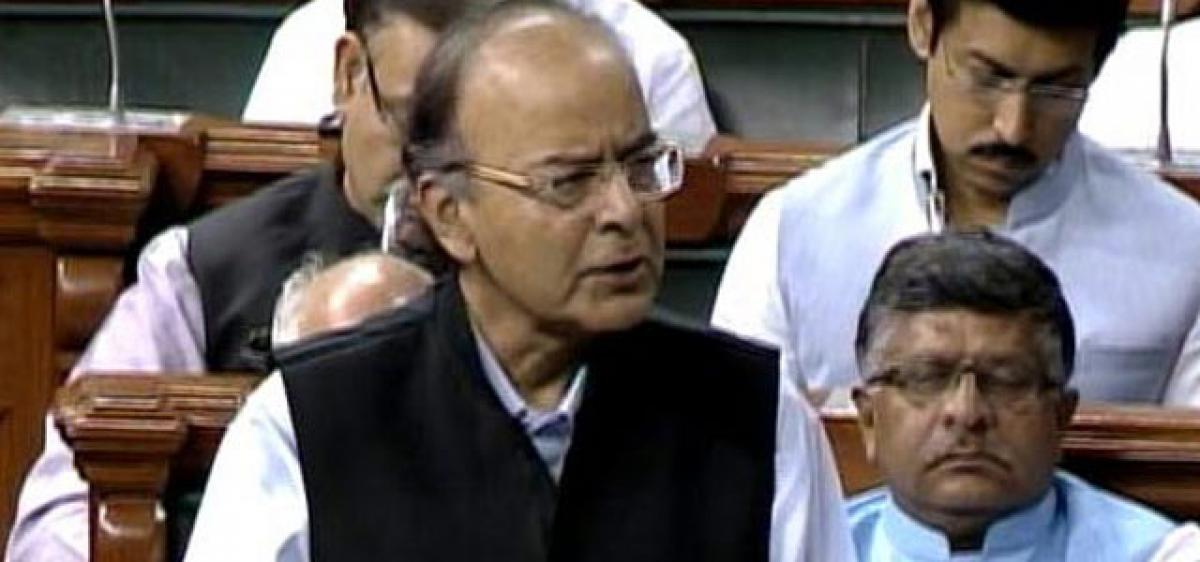
With Union Finance Minister Arun Jaitley introducing four GST bills in Lok Sabha earlier this week, India is now inching closer to realising its dream of having a uniform taxation across the country. In all likelihood, the Goods & Services Tax (GST) regime will come into effect from July this year,
With Union Finance Minister Arun Jaitley introducing four GST bills in Lok Sabha earlier this week, India is now inching closer to realising its dream of having a uniform taxation across the country. In all likelihood, the Goods & Services Tax (GST) regime will come into effect from July this year, but there are widespread apprehensions among people that they will have to cough up more in the form of taxes in the new regime. And there is also the danger of inflation raising its ugly head once again.
Finance Minister tried to assuage such feelings to some extent when he announced in Lok Sabha on Wednesday that the new tax rates, which would turn India into a single market, would not have any adverse impact on inflation. This, according to him, is due to the fact that the tax rates “will be kept at the current levels.”
The central government seems to be taking every care not to upset the inflation apple cart, post the GST roll-out. First signs of it came when the Union Finance Ministry’s Revenue Department sought to ensure earlier this month that the GST rate for a majority of goods that carried high weightage in the Consumer Price Index (CPI) basket would remain at the existing levels, as retail inflation is calculated based on the CPI. Jaitley’s latest statement reflected the same.
Japanese financial services major Nomura also sees minimal impact of GST on inflation. In a recent report, it said that the GST impact on inflation would be less than 20 basis points (0.2 per cent). “In the near term, we expect the GST to be fiscally neutral, the resulting inflation impact to be minimal and the impact on growth to be marginally negative in the run-up to its implementation,” Nomura maintained.
But there is no clarity yet whether the Centre will be able to succeed in its efforts to rein in prices, and thus inflation, post implementation of the new tax regime. The GST Council cleared a four-slab tax structure of 5 per cent, 12 per cent, 18 per cent and 28 per cent, with additional cess on demerit and luxury goods.
These rates will be part of the laws that are going to be enacted by the Parliament and the respective State Assemblies. Nearly 50 per cent of items in the CPI basket will not attract any tax under the new regime. And all other essential commodities will be taxed at five per cent.
However, services which make up 30 per cent of the CPI may play spoilsport as they are likely to attract 18 per cent tax under GST, up from 15 per cent now. Besides, experiences around the world are such that prices have gone up in the immediate aftermath of the implementation of the GST, stoking inflationary pressures.
Therefore, the central government should keep this in mind and ensure that there would be no additional tax burden on people under GST. Otherwise, inflation is likely to go up, adversely impacting economic growth and people at large.








